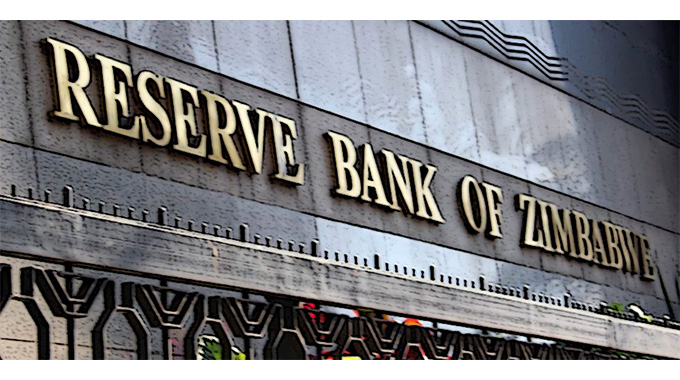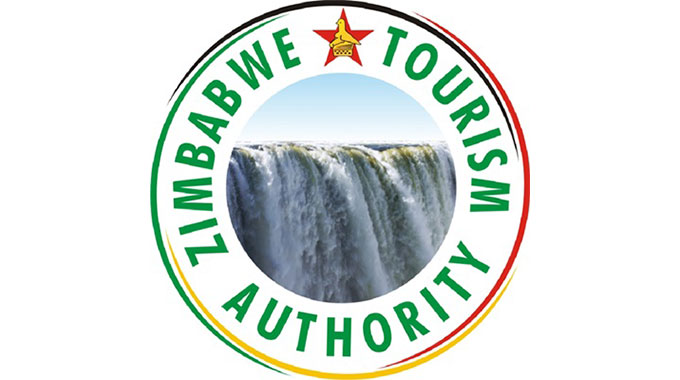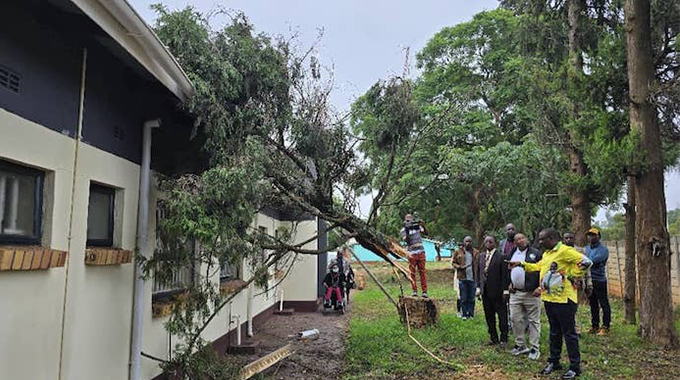Tourism players gun for 100 percent retention

Leonard Ncube, [email protected]
PLAYERS in the tourism industry are appealing to Government to review the foreign currency retention which would allow them to get a 100 percent retention.
Government promulgated a policy where companies that generate foreign currency in all sectors retain 75 percent while the remaining 25 percent should be declared to the Reserve Bank of Zimbabwe (RBZ).
However, due to the impact of Covid-19, the tourism industry was allowed to retain 100 percent foreign currency to allow the sector to recover. The special waiver ended in February last year when all sectors were rationalised to abide by the 75/25 percent foreign currency retention.
Speaking during a training workshop on exchange control policies and administration of offshore accounts, which was organised by RBZ in Victoria Falls, players in the tourism industry pleaded with Government to be allowed 100 percent retention.
As the industry retains 75 percent, the 25 percent is said to cover downstream tourism players and RBZ has excluded utility service providers, local authorities, and licensing authorities as they are not in the tourism value chain.
“If possible let’s go back to the 100 percent foreign currency retention set up. We pay for services such as electricity, water and others in foreign currency yet we receive the 25 percent retention in local currency from the Central Bank,” said a tour operator.
Mrs Barbara Murasiranwa-Hughes, a tourism executive weighed in: “Can we also pass on the 75 percent retention to service providers especially Government departments like Zesa, Zimparks and council for their services.”
Continues on www.chronicle.co.zw
The participants also sought clarification on whether foreign currency paid by domestic tourists should be captured as foreign currency since it attracts taxes pegged on the rate of money coming from outside the country.
Tourism players said they are now forced to hike rates to recover the 25 percent.
Another tourism executive, Mr Anald Musonza said in some instances, they are incurring unnecessary expenses.

Mr Anald Musonza
“Sometimes clients pay in advance and when we refund for business that would not have taken place or cancelled services, we have to refund 100 percent of their payment yet we would have remitted the 25 percent to RBZ,” he said.
“This is coming as a challenge because we may become dishonest as a destination by not refunding clients in time and in full.”
Operators also implored Government to allow them to transact using visa cards and be given a certain cap on how much they can transact.
Another operator, Ms Yvonne Jandles said the RBZ system has glitches resulting in figures being inflated when one sends data to the central bank.
Tourism Business Council of Zimbabwe president Mr Wengayi Nhau appealed to RBZ to engage service providers to explain to them about foreign currency retention.
“May RBZ bring it to Zesa’s attention indicating that we would have lost 25 percent of our revenue so that they also accept payment of 25 percent of the bills in local currency? We are in constant communication with RBZ and the issue of tenure of transitory account has been raised a couple of times,” he said.
RBZ principal analyst Mr Godfrey Chokwa said foreign currency retention was 100 percent until February last year when Government rationalised all sectors of the economy to retain 75 percent while the remaining 25 percent is sold to the RBZ.
He said the central bank was not taking away the money but actually buying the foreign currency which is paid back to the industry in the local currency.
Mr Walter Pedya from the RBZ said tourism is one of the major foreign currency earners attracting foreign investment.
“The issue was once raised by the mining industry and while the RBZ felt that the 75/25 percent should be replicated in services, the Ministry of Finance felt otherwise. We appreciate the input coming from the mother body representing players here, and we will take it up,” he said.
Mr Pedya said the 25 percent surrender requirement is expected to cover expenses in the downstream industry.
“RBZ requires that once an operator receives money from a transitory account, a breakdown is needed so that calculations are done on the retention,” he said.
Mr Pedya said RBZ allows the industry to agree on rates that can be registered with the bank for use in calculations to avoid issues of externalisation of funds claims.
He urged tourism players to be constituent in submitting data which is used in policy formulationand review.












Comments